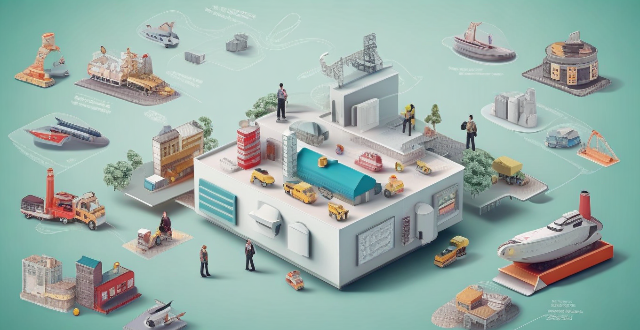Transitioning away from fossil fuels is a complex challenge that requires overcoming numerous barriers across economic, political, technological, and social dimensions. It involves not only changing practices within the energy sector but also transforming broader societal attitudes and behaviors related to energy consumption.

Why is it Difficult to Transition Away from Fossil Fuels?
The Inertia of Existing Energy Systems
- Economic Investment: Significant financial resources have been invested in fossil fuel infrastructure.
- Established Infrastructure: Extensive networks for extraction, transportation, and distribution are already in place.
Political and Economic Power
- Lobby Influence: Powerful lobbying groups advocate for the continuation of fossil fuel use.
- Job Market Concerns: Fears over job loss in industries reliant on fossil fuels.
Technological Challenges
- Storage Issues: Renewable energy sources like wind and solar require effective storage solutions.
- Grid Integration: Integrating renewable energy into existing power grids poses technical challenges.
Availability and Cost
- Resource Abundance: Fossil fuels are often more readily available than renewable counterparts.
- Cost Disparity: Despite fluctuations, fossil fuels can still be cheaper than certain renewable technologies.
Social and Cultural Factors
- Consumer Habits: Deep-rooted consumer habits favor established energy sources.
- Public Perception: Misconceptions about renewable energy's reliability and efficiency.
Environmental Impact
- Extraction Effects: Methods for extracting fossil fuels often have negative environmental consequences.
- Waste Management: Handling waste from fossil fuel extraction and consumption is a significant issue.
Legislative and Policy Hurdles
- Subsidies and Support: Government subsidies can prop up fossil fuel industries.
- Regulatory Frameworks: Lack of supportive policies for renewable energy transitions.
Research and Development
- Innovation Gap: More research is needed to improve renewable technologies.
- Commercialization Challenges: Translating research into commercially viable products can be difficult.
International Cooperation
- Global Agreement: Lack of international consensus on transitioning away from fossil fuels.
- Trade Dynamics: Global trade dynamics can favor countries rich in fossil fuels.
Market Forces
- Supply and Demand: High demand for fossil fuels drives continued supply.
- Competitive Pricing: The competitive pricing of fossil fuels against renewable alternatives.
Adaptation and Resistance to Change
- Change Aversion: Natural human resistance to change can slow down the transition process.
- Education and Awareness: Limited public education about the benefits of renewable energy.
Transitioning away from fossil fuels is a complex challenge that requires overcoming numerous barriers across economic, political, technological, and social dimensions. It involves not only changing practices within the energy sector but also transforming broader societal attitudes and behaviors related to energy consumption.